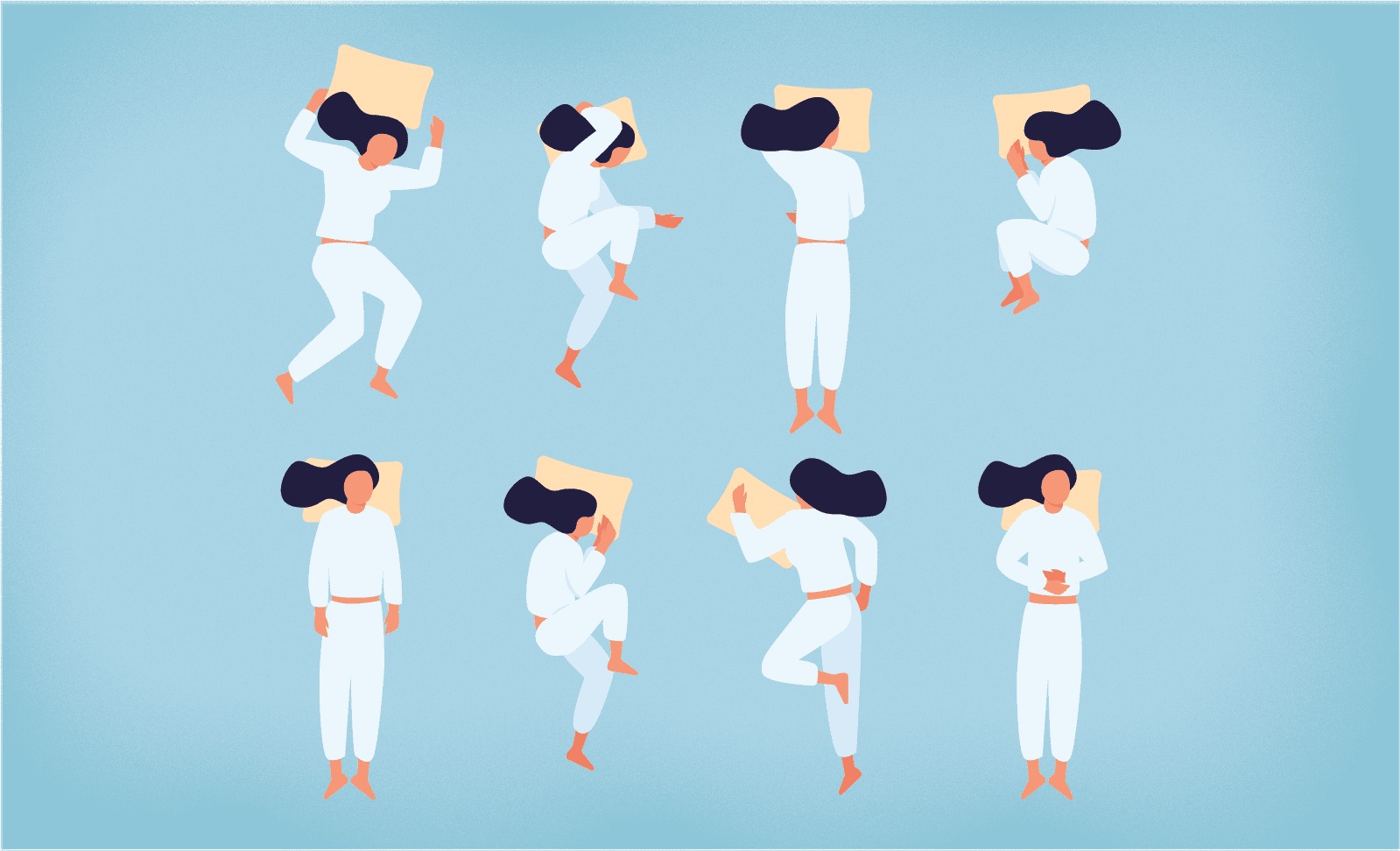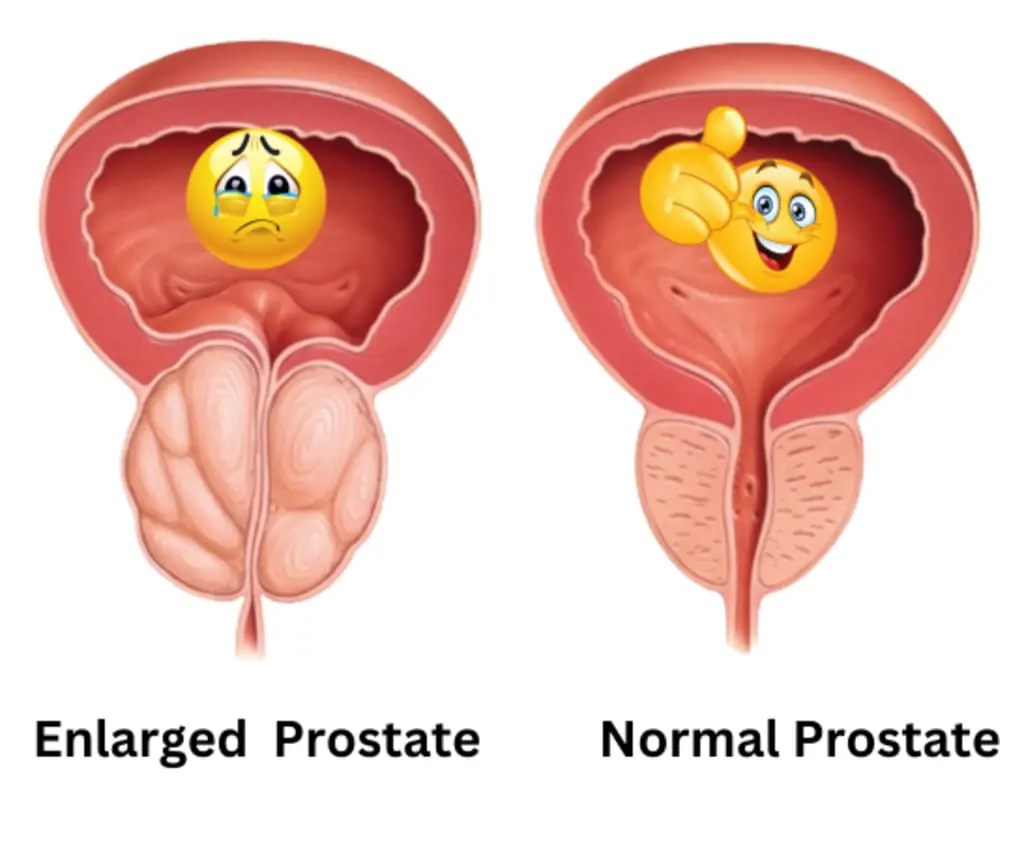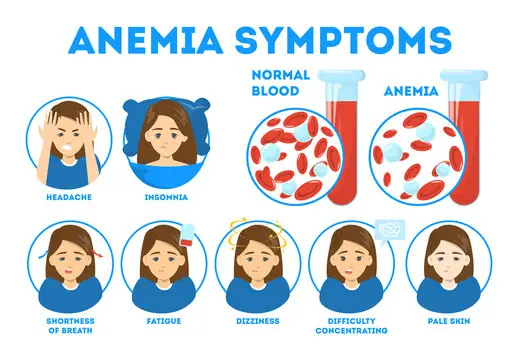
Scientists Explain How Sleeping on Your Left Side Affects Your Health
Scientists Explain How Sleeping on Your Left Side Affects Your Health

We all know that getting enough quality sleep is vital for our health. But did you know that your preferred sleeping position can also significantly impact your well-being? Many people wonder if certain positions contribute to back or neck pain, or even affect internal organs. Specifically, is sleeping on your left side truly better than sleeping on your right or back?
In this article, we'll explore the best and worst sleeping positions for your body, focusing on the surprising benefits of sleeping on your left side, backed by scientific insights.
The Worst Sleeping Position: On Your Stomach
Sleeping on your stomach is generally considered the least beneficial position. It can be particularly tough on your back, shoulders, and neck, making it difficult to maintain the natural curve of your spine. This position often leads to pressure on joints and muscles, potentially causing pain, numbness, or tingling.
If you can't sleep any other way, you can reduce the strain by placing a pillow under your pelvis and lower abdomen. Also, only use a head pillow if it doesn't cause excessive neck strain; sometimes, no head pillow is better in this position.
The Benefits of Sleeping on Your Left Side
Interestingly, the majority of Americans (63%) prefer sleeping on their side. In this position, typically with the back slightly curled, knees bent, and arms folded, many consider it to be one of the healthiest. It helps keep your airways open and aligns with the natural curve of your spine. To enhance this position, place a pillow between your knees to reduce stress on your hips.
Here are some specific benefits of sleeping on your left side:
-
Helps Relieve Heartburn (Acid Reflux): If you suffer from heartburn, sleeping on your side (especially the left) can make a significant difference. Research indicates that sleeping on the left side can alleviate heartburn symptoms, while sleeping on the right side tends to worsen them. (3, 4, 5, 6) The exact reasons aren't entirely clear, but theories suggest it relates to the anatomy of the stomach and esophagus.
-
Good for Pregnant Women: Sleeping on the left side is widely recommended during pregnancy. This position improves blood circulation, making it easier for blood to flow from your heart to the placenta, which helps nourish the baby. It also prevents the expanding uterus from putting too much pressure on your liver. While either side is generally acceptable during pregnancy, the left side is often considered optimal. (8)
-
Prevents Snoring: One of the simplest ways to reduce snoring is to avoid sleeping on your back and instead opt for your side. Doctors from the Mayo Clinic note that sleeping on your back is a common cause of snoring because your tongue can obstruct your airways.
-
Good for the Brain and May Prevent Alzheimer’s Disease: A recent study from Stony Brook University suggests that sleeping in the side position, compared to sleeping on your back or stomach, may more effectively remove waste products from the brain. (11) These findings, published in the Journal of Neuroscience, suggest that better waste removal could help reduce the risk of neurological conditions like Alzheimer’s disease, as the buildup of brain waste may contribute to their development. The brain's cleansing process, known as the glymphatic system, is most efficient during sleep.
-
It’s Also Good to Change Sides to Keep the Kidneys Healthy: While sleeping on your left side has many benefits, research published in BMJ suggests that consistently sleeping on only one side of the body might make that weight-bearing side more prone to kidney stones. (10) A study found that kidney stones frequently recurred on the side patients favored during sleep. This suggests that sleeping position might affect blood flow to the kidneys, temporarily slowing circulation and impacting the kidney's ability to clear various substances. The study proposed that changing sleeping habits may help prevent recurrent kidney stones.
What Happens When Sleeping on Your Back?
Sleeping on your back is generally better than sleeping on your stomach, as it allows your back, head, neck, and spine to maintain a neutral position. However, it still has its drawbacks:
-
Snoring and Sleep Apnea: Sleeping on your back is not recommended if you are prone to snoring or have sleep apnea. In this position, your tongue can fall backward and obstruct your breathing tube, worsening these conditions.
-
During Later Stages of Pregnancy: It's advised to avoid lying flat on your back during later stages of pregnancy. The weight of the uterus can press on your spine, back muscles, and major blood vessels, potentially decreasing blood flow to your body and your baby. (7, 8)
-
For Back Pain: If you suffer from backache, placing a pillow under your knees and a small, rolled towel under your lower back can provide extra support and help maintain the natural curve of your spine. Always ensure your neck is also supported with a pillow. (9)

Improving Your Sleep, Whatever Your Position
Regardless of your preferred sleeping position, remember that achieving a good night's sleep also requires a conducive sleeping environment and a comfortable mattress. Prioritize these elements to support your overall health and well-being.
Have you found that changing your sleeping position has impacted your health?
News in the same category


13cm of Intestine Fell Out After 2 Hours on the Phone in the Toilet: 5 Dangers of Using Your Phone in the Bathroom

Don't Drink Water Right After Waking Up — Doctors Recommend Doing These 5 Things First

A 40-Year-Old Man Suffers a Stroke After Dinner: Doctor Points Out 3 Critical Mistakes

This Fruit Is Eaten Every Morning by a Famous Billionaire: A Powerful Secret to Fighting Cancer

Warning Signs in Your Stool That May Indicate Colon Cancer: Seek Medical Attention Immediately

10 Effective Ways to Boost Your Lymphatic System Health

Fibromyalgia: Understanding Symptoms & 8 Natural Ways to Find Relief

Powerful Piriformis Stretches to Soothe Sciatic, Hip, and Lower Back Pain

4 Types of Cancer with Over 90% Cure Rate: Everyone Should Watch for the Early Signs

If Cancer Is Developing in the Body, These 3 Nighttime Signs Often Appear — But Many People Ignore Them

5 Early Symptoms of Stomach Cancer That Help with Early Detection

Prostate Cancer: Warning Signs and Symptoms Men Shouldn't Ignore

8 Warning Signs Your Tongue May Be Sending About Your Health

Boost Your Iron: Essential Signs to Watch For & Effective Strategies

Proven Health Benefits of Eating Eggs: More Than Just Breakfast Food

Top Signs of Iron Deficiency & Science-Backed Ways to Boost Your Iron Levels

Scientists Warn China-Identified Bat Virus Just One Mutation Away From Sparking Global Pandemic

Doctors Reveal How Eye Exams Can Detect Signs Of Cancer And Diabetes
News Post

The Back of Your Hand Reveals Longevity Secrets: 4 Signs Everyone Should Check

13cm of Intestine Fell Out After 2 Hours on the Phone in the Toilet: 5 Dangers of Using Your Phone in the Bathroom

Don't Drink Water Right After Waking Up — Doctors Recommend Doing These 5 Things First

Discover the Magic of Guava Leaf Tea: Your Secret to Vibrant Health

You Cannot HEAL Your KIDNEYS If You Don’t EAT These 15 Fruits!

Most People Ignore Aloe Vera—Until They Face One of These 16 Problems

🥕 Feeling Heavy, Bloated, and Tired? Try This Simple Morning Drink to Feel Lighter and Energized

Baking Soda and Lemon: 8 Potential Health Benefits for Women to Explore

12 Amazing Health Benefits of Papaya Flowers: A Jar of Papaya Flowers in Honey Can Help Your Whole Family Anytime

A 40-Year-Old Man Suffers a Stroke After Dinner: Doctor Points Out 3 Critical Mistakes

This Fruit Is Eaten Every Morning by a Famous Billionaire: A Powerful Secret to Fighting Cancer

Warning Signs in Your Stool That May Indicate Colon Cancer: Seek Medical Attention Immediately

10 Effective Ways to Boost Your Lymphatic System Health

Fibromyalgia: Understanding Symptoms & 8 Natural Ways to Find Relief

Powerful Piriformis Stretches to Soothe Sciatic, Hip, and Lower Back Pain

10 ALARMING Signs of Chronic Kidney Disease (Are You at Risk?)

35 Years Without Illness: My Natural Formula for Clear Eyes, Sharp Mind, and Stable Blood Pressure

Say Goodbye to Nail Fungus for Less Than $0.50! A Simple Bay Leaf Remedy That Works

Nature’s Overlooked Healer: Astonishing Benefits of Goosegrass You Need to Know
